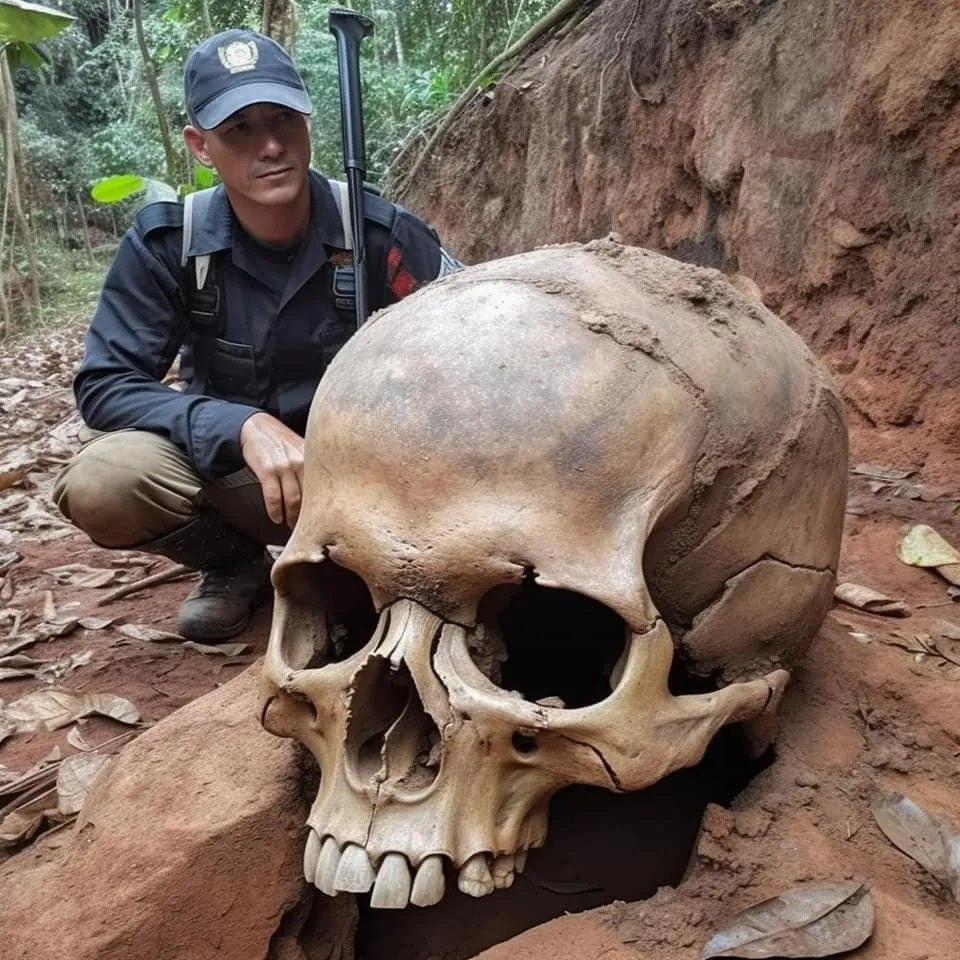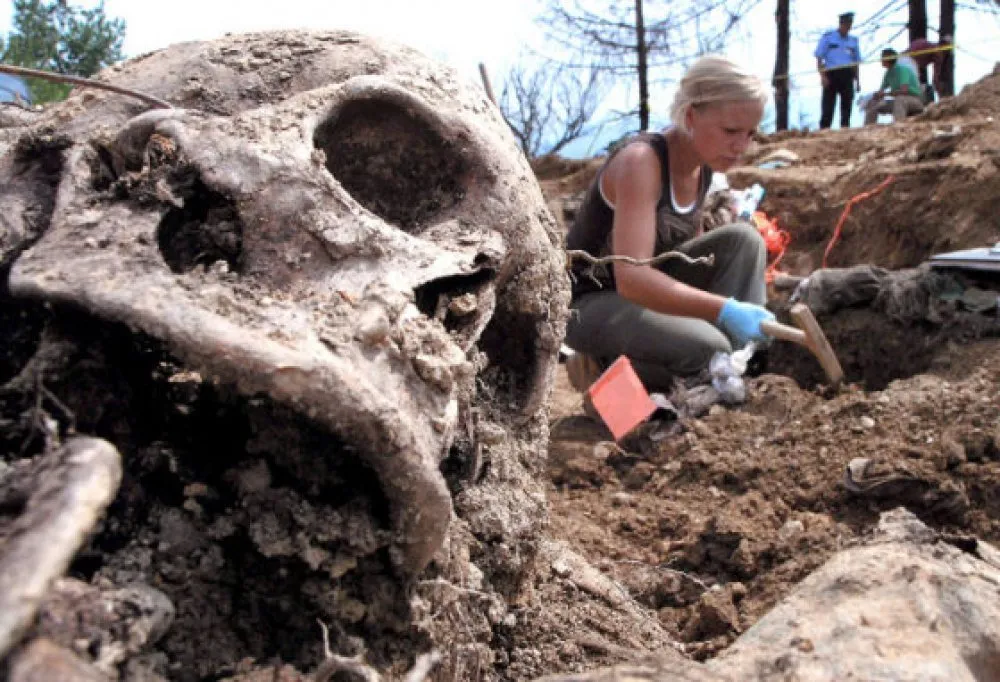Deep within the heart of a largely uncharted territory, nestled among towering ancient peaks, lies a series of caverns shrouded in mystery and danger. Recent explorations have unveiled a sight that has left the scientific and archaeological communities astounded—a collection of golden animal statues, exquisite relics that date back more than 2,500 years, meticulously guarded by swarms of venomous serpents.

These serpentine guardians, whose venom is as deadly as the treasures are precious, have kept these caverns untouched and the secrets they hold unexplored for millennia. The discovery was made by a daring team of archaeologists and herpetologists, who ventured into the depths, drawn by local legends of golden animals illuminated by the eternal darkness.

The statues represent a range of animals, from majestic lions and tigers to serene birds and reptiles, each sculpted with an attention to detail that suggests not only a high level of artistic skill but also a deep reverence for the natural world. The gold, shimmering in the dim light of the caverns, hints at a civilization of immense wealth and cultural sophistication.

“The craftsmanship is unlike anything we’ve encountered from this period,” says Dr. Elena Rodriguez, the expedition’s lead archaeologist. “These statues could rewrite what we know about the artistic and spiritual practices of ancient cultures in this region.”

The presence of the venomous serpents adds a layer of mystique to the discovery. It’s believed that these creatures have inhabited the caverns for generations, possibly revered by the ancient people as protectors of the sacred treasures. “The symbiotic relationship between the serpents and the statues suggests a cultural significance that extends beyond mere guardianship,” explains Dr. Liam Chen, a herpetologist on the team.

Navigating the dangers posed by the serpents, the team has embarked on a meticulous study of the statues and the surrounding caverns, hoping to uncover more about the people who created these remarkable artifacts. Preliminary findings suggest that the statues may have been offerings to a deity or deities, worshipped in hopes of prosperity, protection, or fertility.

As the research continues, the discovery of the golden animal statues beneath the ancient peaks opens a new chapter in our understanding of ancient civilizations. It challenges our perceptions of their relationship with nature and the divine, offering a glimpse into a world where art, religion, and reverence for the natural world were intricately intertwined.

This remarkable find not only highlights the ingenuity and spirituality of our ancestors but also serves as a reminder of the mysteries that lie hidden beneath the surface, protected by the natural world’s most formidable guardians. As the team plans further expeditions into these ancient caverns, the world waits eagerly for the next chapter in this extraordinary tale of discovery.



